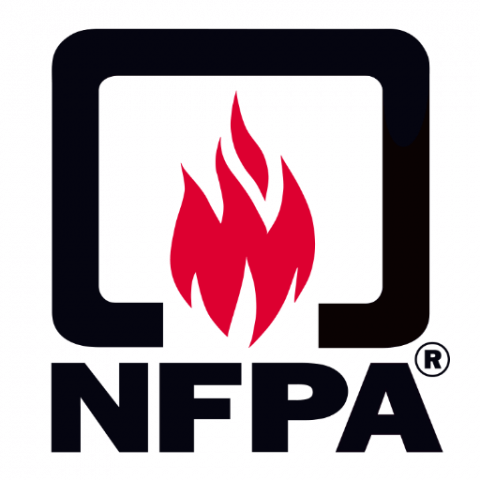Working smoke alarms cut risk of home fire deaths by more than half
October 1, 2024
Having working smoke alarms can save lives and property. The National Fire Protection Association (NFPA) founded and promotes Fire Prevention Week in its quest to reduce losses with “information, knowledge, and passion.” This year’s observance is October 6–12.
NFPA, a self-funded nonprofit, created Fire Prevention Week in 1922 to commemorate the Great Chicago Fire of 1871. It became the nation’s longest-running public health observance three years later when President Calvin Coolidge gave the seven-day period national status.
In recognition of the importance of working smoke alarms, NFPA selected “Smoke alarms: Make them work for you™” as this year’s theme. The campaign includes tools and know-how so people can keep their smoke alarms in working order.
“Smoke alarms can make a life-saving difference in a home fire, but they have to be working in order to protect people,” said Lorraine Carli, vice president of outreach and advocacy at NFPA. “This year’s Fire Prevention Week campaign drives home just how important it is to install, test, and maintain smoke alarms to ensure they’re working properly.”

Useful Links
- Fire Prevention week resources
- Guide to buying, installing a smoke alarm
- Video with three Fire Prevention Week action items
- Resources for children, teachers, families
- Safety tip sheets
According to the latest “Smoke Alarms in the U.S.” report by NFPA, having working smoke alarms in a home reduces the risk of dying in a home fire by more than half (60%). Nevertheless, approximately three of every five fire deaths occur in homes with either no smoke alarms or no working smoke alarms.
Carli said people tend to dismantle their smoke alarms or remove the batteries when they don’t know how to fix a problem with them. “These actions put them at serious risk in the event of a home fire,” she emphasized.
The leading causes of house fires include cooking, heating and electrical wiring. In addition to installing smoke alarms, NFPA recommends investing in some fire extinguishers, creating a fire escape plan with your family, scheduling annual inspections of chimneys and heating appliances, and having adequate homeowners (or renters) insurance.
Tips from NFPA for installing and maintaining smoke alarms include:
- Install smoke alarms in every bedroom, outside each separate sleeping area (like a hallway), and on each level (including the basement) of the home.
- Make sure smoke alarms meet the needs of all family members, including those with sensory or physical disabilities.
- Test smoke alarms at least once a month by pushing the test button.
- Replace all smoke alarms when they are 10 years old or don’t respond when tested.
The impetus for Fire Prevention Week, the Great Chicago Fire that burned from Oct. 8-10, 1871, killed an estimated 300 people, left 100,000 homeless, destroyed more than 17,400 structures as it burned more than 2,000 acres of land (almost 3.5 square miles), and caused $200 million in damage.
By comparison, the Great Seattle Fire on June 6, 1889, was the city’s most destructive. It burned 25 city blocks causing nearly $20 million in damage ($67.8 million in 2023 dollars). Surprisingly, no deaths occurred (although there were fatalities during cleanup).
A just-released comprehensive U.S. Consumer Product Safety Commission survey reinforces the importance of being proactive on fire prevention. Nearly all U.S. households (99%) report having at least one smoke alarm, yet more than half of all households (61%) test their smoke alarms less frequently than recommended (at least once a month). One-third (33%) say they never test their smoke alarms. The survey also revealed that many households have inaccurate perceptions about the age, functionality, and maintenance requirements of their smoke alarms.
